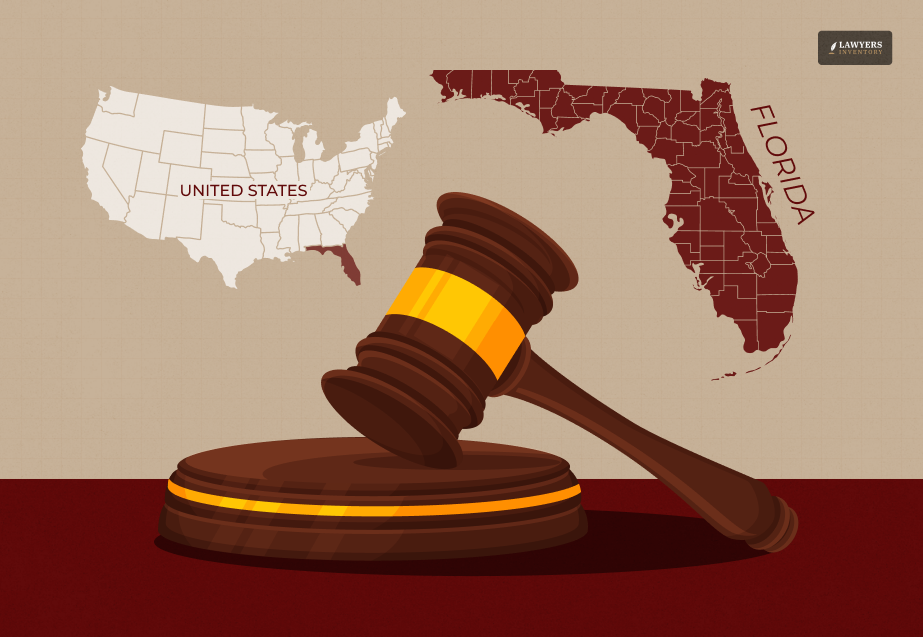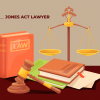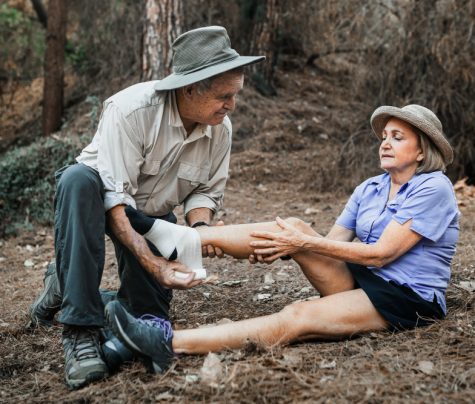
The Marchman Act of 1993 is a law in Florida that deals with drug abuse through a kind approach and intervention through treatment.
This law lets individuals, communities, and families step in when an addict won’t accept help.
According to marchman act attorney Paul L. Figueroa, the first step to Marchman Act court help is to petition for involuntary treatment services.
Additionally, an adult’s spouse, legal guardian, relative, service provider, or an adult with direct personal knowledge of the adult’s substance use disorder and treatment history can file the petition.
The Marchman Act Florida not only helps protect the welfare of people suffering from drug or alcohol addiction but also their families, who are an extension of the abuse of the substance.
The Marchman Act tries to find a balance between personal rights and the need to save lives and restore health by combining legal oversight with medical intervention.
What Is The Marchman Act In Florida?
This Florida law sets up the conditions whereby people need treatment, but apparently won’t seek it on their own. Because of this addiction, they end up harming themselves.
The Act allows for both voluntary commitment and involuntary commitment to treatment facilities that provide necessary care to their patients, who have addiction to harmful substances and drugs.
The main purpose of this is to assist SUD individuals who can’t see that they need help because it’s too hard to deal with.
The law helps stop the cycle of drug and alcohol abuse and helps people get better by giving them the tools they need to get their lives and health back on track.
How Does The Marchman Act Work?
Usually, the Marchman Act in Florida works for involuntary petitions. So, the individual who is heavily addicted to any kind of substance cannot submit a petition to the court.
However, someone who has seen or knows the individuals’ involvement with substance consumption is entitled to put in the petition.
For instance, if you are seen being under the influence by the officer in any public place, they can use the Act. And, they can file for the petition in the court.
Similarly, if you have family members who are well-aware of your substance usage, they can file the Marchman Act petition for you. However, you will need to prove that you are involuntarily under the influence.
Additionally, if there are some people who know that you involuntarily consume substances, they can use the act. Even if they are not directly related to you or a part of your family.
Furthermore, in court, you will need 3 adults who can testify that your consumption of substances is actually involuntary. Then, you will receive the treatment for it.
What Is The Criteria For Involuntary Treatment Under The Marchman Act?
Involuntary treatment under the Marchman Act is appropriate only if the situation meets certain requisites to ensure the individual’s need for help.
- The individual must be experiencing substance abuse issues, posing a danger to self or others. Moreover, this category could include instances when such behavior has caused substantial harm to themselves or another person or has endangered their life.
- The individual’s inability to recognize the need for treatment may indicate a lack of understanding of their illness.
- Moreover, less restrictive methods, such as voluntary treatment, must have been considered or attempted with ineffectual results.
- An evaluation must indicate that the person’s substance use disorder has reached a level of severity warranting immediate intervention to protect or preserve his or her health or safety.
How To Initiate A Marchman Act Petition?
Initiating a Marchman Act petition seems both exhausting and ever-so-necessary when someone close to you is suffering. Be it from severe substance abuse problems or addiction.
Moreover, without getting emotional, you will need to take the necessary steps. Begin by compiling proof of their substance use, such as medical records or testimony from friends and family.
The court where you file the petition is the appropriate venue to express your concerns and ensure the individual’s well-being.
Moreover, you need to prepare to furnish specific examples of how their behavior endangers themselves or others. Once you file the petition, the court schedules a hearing to discuss your case.
A Marchman Act attorney should assist you in this process by explaining all relevant legalities and applications.
What Rights And Protections Do SUD Individuals Get Under The Marchman Act?
This particular law provides some rights and protections for patients with the goal of preserving their dignity and welfare.
Your right is to receive treatment in an environment free from hostility, discrimination, or harassment.
Also, the area that is non-hazardous, with guarantees of confidentiality and non-disclosure of the information on treatment without consent.
Moreover, you can take part in your treatment, ask questions, and voice concerns. Legal representation is available in case you feel that the treatment providers are violating your rights.
You have the right to receive optimal care for your addiction without any form of disrespect. So, you can complain about disrespectful behavior.
The Role Of Treatment Facilities In The Marchman Act Process
Treatment centers are an indispensable part of the Marchman Act process because they create the necessary environment for healing from substance abuse.
Moreover, during treatment, these facilities establish rules under which professional help can assess needs and customize interventions.
You get the full range of services in terms of detox, counseling, and support groups, all toward the recovery’s end.
Moreover, treatment facilities offer assistance in enforcing the Marchman Act by tracking treatment progress and offering court updates as necessary.
This may become pivotal in considering whether or not to proceed with subsequent actions. So, having treatment facilities for SUD individuals can help them recover.
Treatment facilities have the resources and nurturing environment that support the healing of individuals towards a life free from addiction.
Read Also:
- Finding the Right Legal Support: Top Attorneys In Harrisburg, PA For Every Need
- Camp Lejeune Lawsuit: How is the Government Dealing With the Class Action?
- Top Factors Influencing Workers’ Compensation in Georgia











0 Reply
No comments yet.